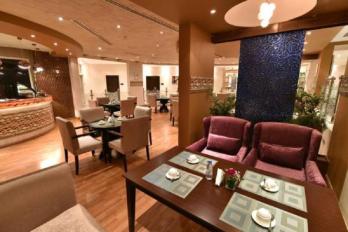Sharqia
WELCOME TO Sharqia
Province Overview
Zagazig
4,180 km2
7 million
Arabic
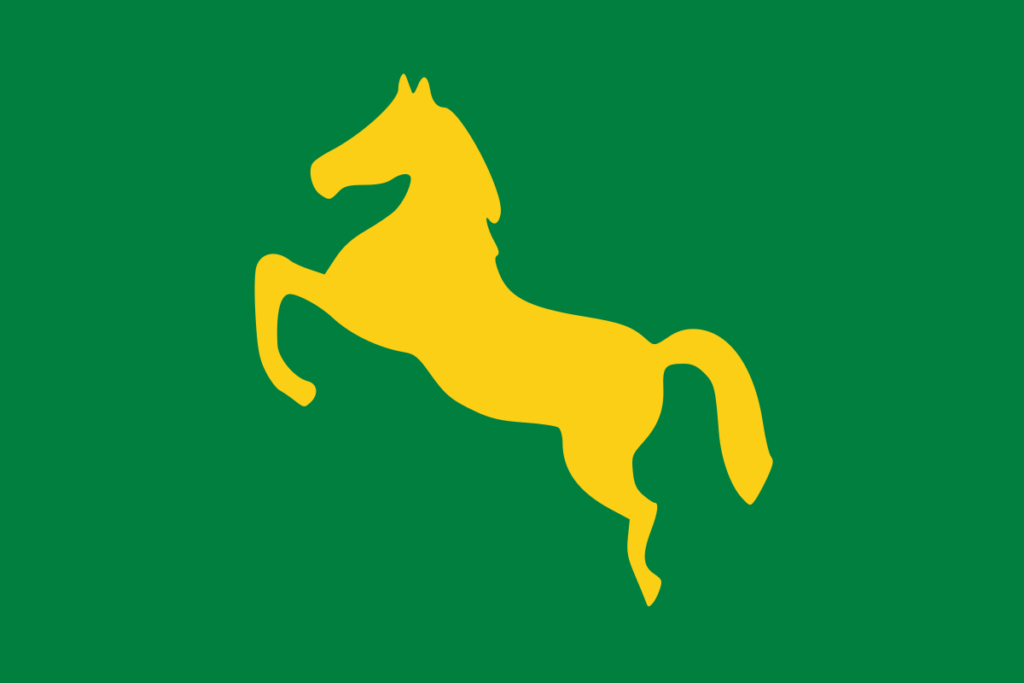
Popular
Geography and Tourist Attractions
Information about the province's tourist attractions, including popular destinations, events, and activities.
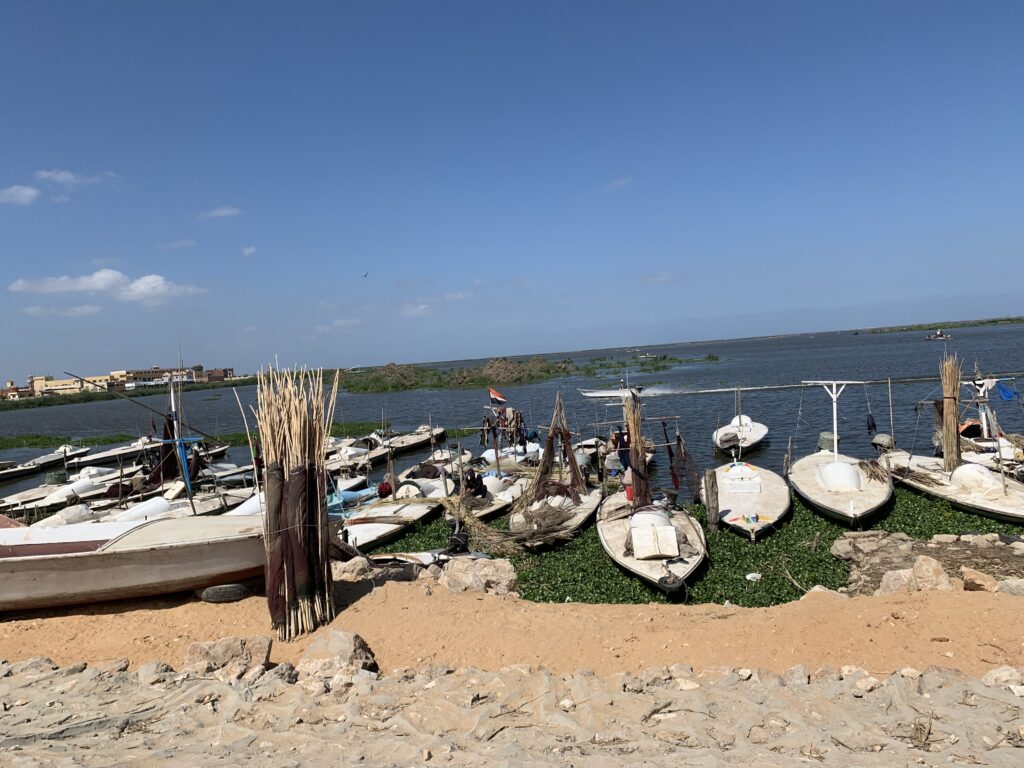
Lake Manzala
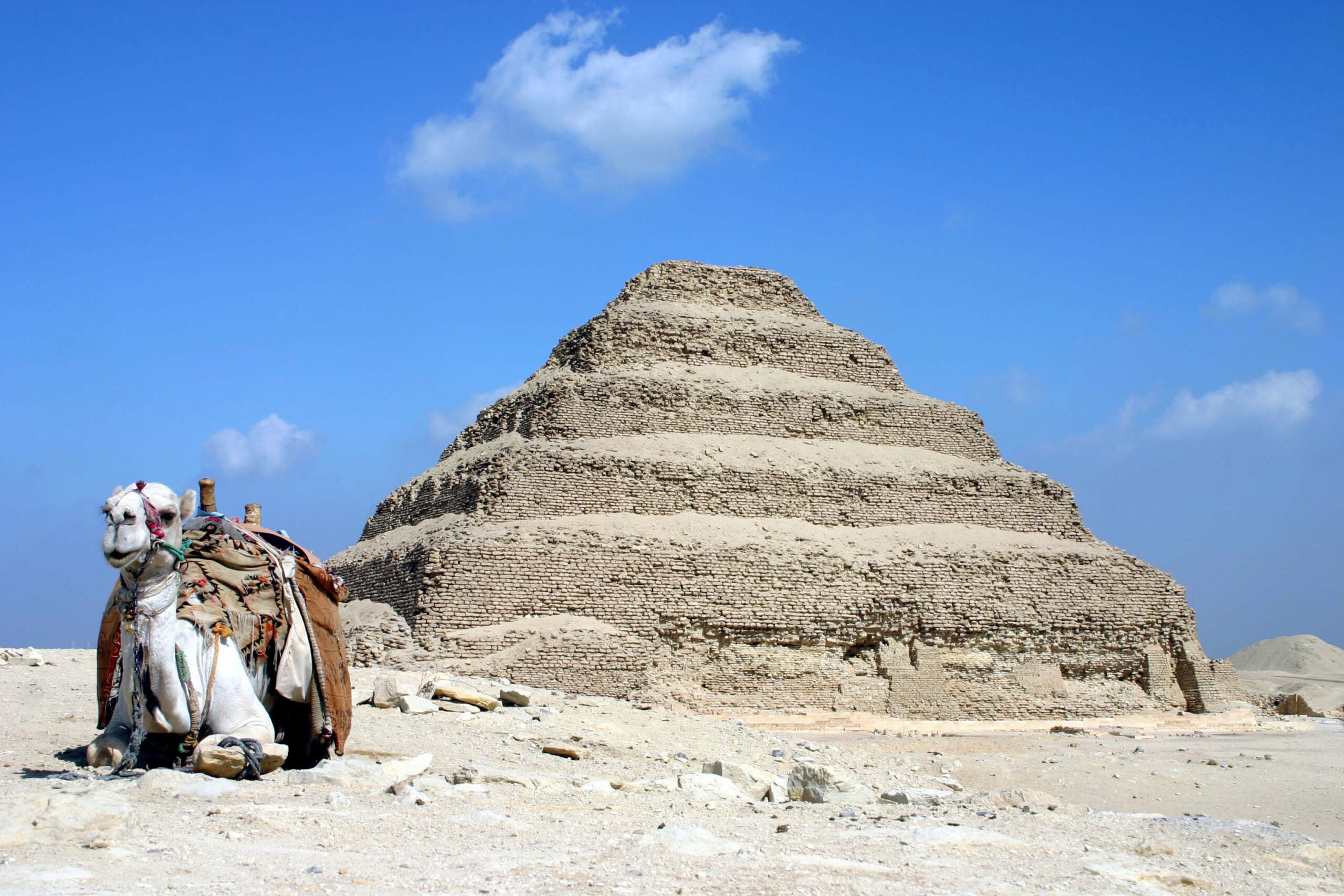
Sarabi Square
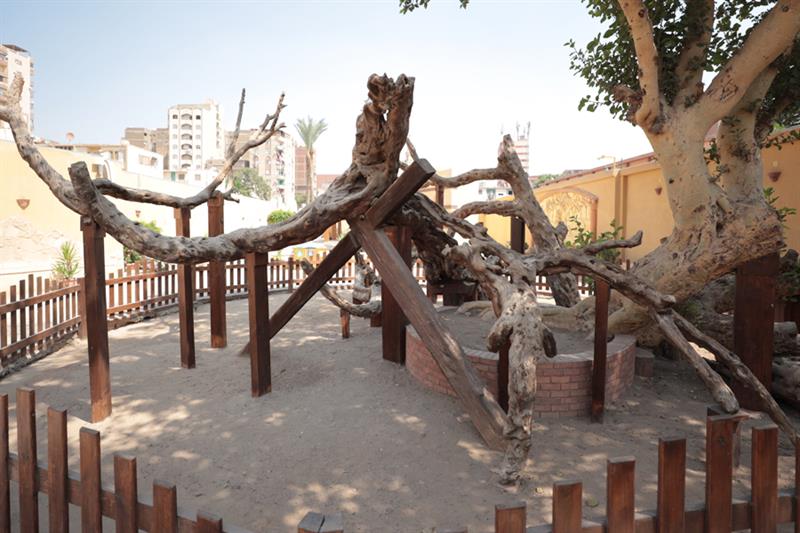
Virgin Mary Tree
Political
Economy and Government
The province of Sharqia in Egypt is characterized by a diverse economy and a well-established government structure. The region's economy is primarily driven by agriculture, with a focus on crops like cotton, wheat, and citrus fruits. The fertile soil and favorable climate contribute to the success of agricultural activities, supporting both local consumption and export.
In addition to agriculture, Sharqia has seen a rise in industrial and commercial sectors. The province is home to several industrial zones and factories, contributing to job creation and economic growth. Industries such as textiles, food processing, and manufacturing have thrived in the region, attracting investments and boosting the local economy.
The government plays a crucial role in maintaining stability and supporting economic development in Sharqia. Local governance is led by a governor appointed by the central government, overseeing administrative affairs and public services. The government ensures the provision of infrastructure, healthcare facilities, education, and transportation networks, aiming to improve the standard of living for residents.
Furthermore, the government actively promotes investment opportunities and business development in the province through various initiatives and incentives. These efforts encourage entrepreneurship and attract both domestic and foreign investors, fostering economic growth and creating employment opportunities.
Overall, the economy of Sharqia province relies on a strong agricultural base, supplemented by a growing industrial sector, while the government's role is to provide essential services, support infrastructure development, and facilitate investment to drive economic prosperity in the region.
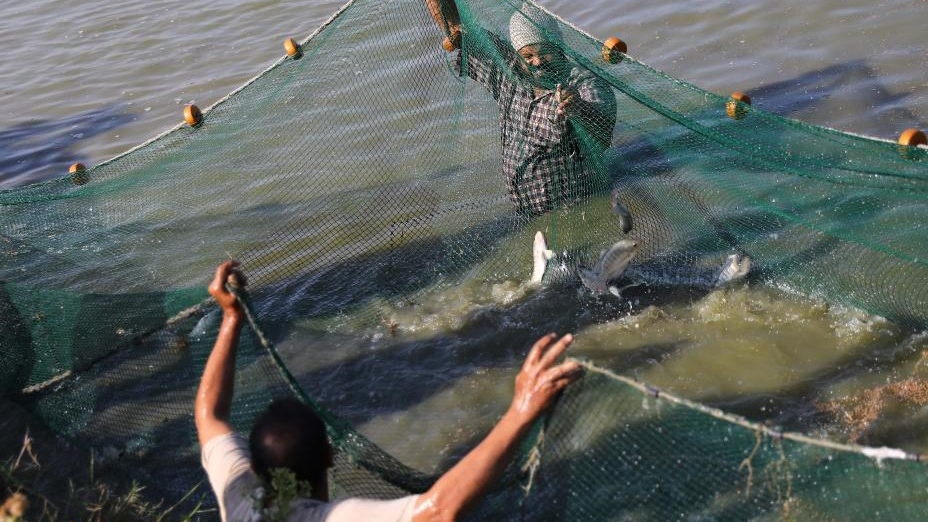
History
History and Culture
The province of Sharqia in Egypt holds a rich history and diverse cultural heritage. Situated in the Nile Delta region, it has witnessed the rise and fall of numerous civilizations throughout the centuries. Sharqia's history can be traced back to ancient times when it was a part of the fertile land known as Lower Egypt.
The region boasts a plethora of archaeological sites, including the ancient city of Bubastis, dedicated to the feline goddess Bastet. Ruins of temples, palaces, and tombs can be found, reflecting the grandeur of past civilizations. Furthermore, Sharqia is renowned for its historic mosques, such as the Al-Azhar Mosque in Zagazig, which dates back to the Fatimid era.
Sharqia's cultural tapestry is equally diverse. Traditional folk arts, such as embroidery, pottery, and weaving, have been passed down through generations, showcasing the skill and creativity of local artisans. The province is also known for its vibrant music and dance traditions, with festivals and events celebrating these cultural expressions.
In addition to its historical and cultural wealth, Sharqia is blessed with scenic landscapes and fertile farmlands. The region's agricultural heritage is evident in its vast fields of wheat, rice, and cotton, contributing to Egypt's agricultural economy.
Overall, Sharqia's history and culture form a captivating tapestry that invites exploration and understanding of Egypt's rich past and vibrant traditions.
The province of Sharqia in Egypt holds a rich history and diverse cultural heritage. Situated in the Nile Delta region, it has witnessed the rise and fall of numerous civilizations throughout the centuries. Sharqia's history can be traced back to ancient times when it was a part of the fertile land known as Lower Egypt.
The region boasts a plethora of archaeological sites, including the ancient city of Bubastis, dedicated to the feline goddess Bastet. Ruins of temples, palaces, and tombs can be found, reflecting the grandeur of past civilizations. Furthermore, Sharqia is renowned for its historic mosques, such as the Al-Azhar Mosque in Zagazig, which dates back to the Fatimid era.
Sharqia's cultural tapestry is equally diverse. Traditional folk arts, such as embroidery, pottery, and weaving, have been passed down through generations, showcasing the skill and creativity of local artisans. The province is also known for its vibrant music and dance traditions, with festivals and events celebrating these cultural expressions.
In addition to its historical and cultural wealth, Sharqia is blessed with scenic landscapes and fertile farmlands. The region's agricultural heritage is evident in its vast fields of wheat, rice, and cotton, contributing to Egypt's agricultural economy.
Overall, Sharqia's history and culture form a captivating tapestry that invites exploration and understanding of Egypt's rich past and vibrant traditions.
HOTELS
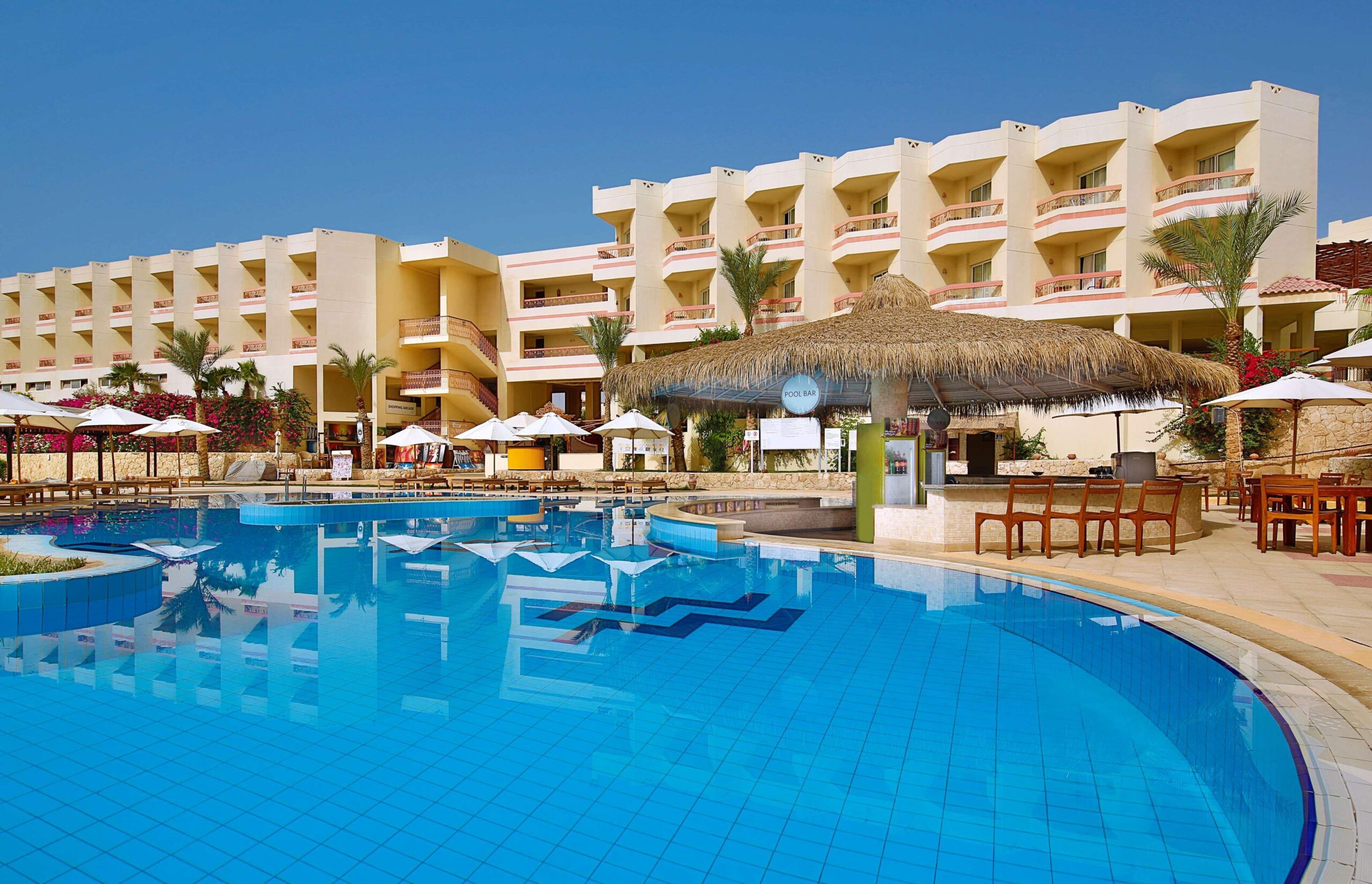
Hilton Zagazig Hotel
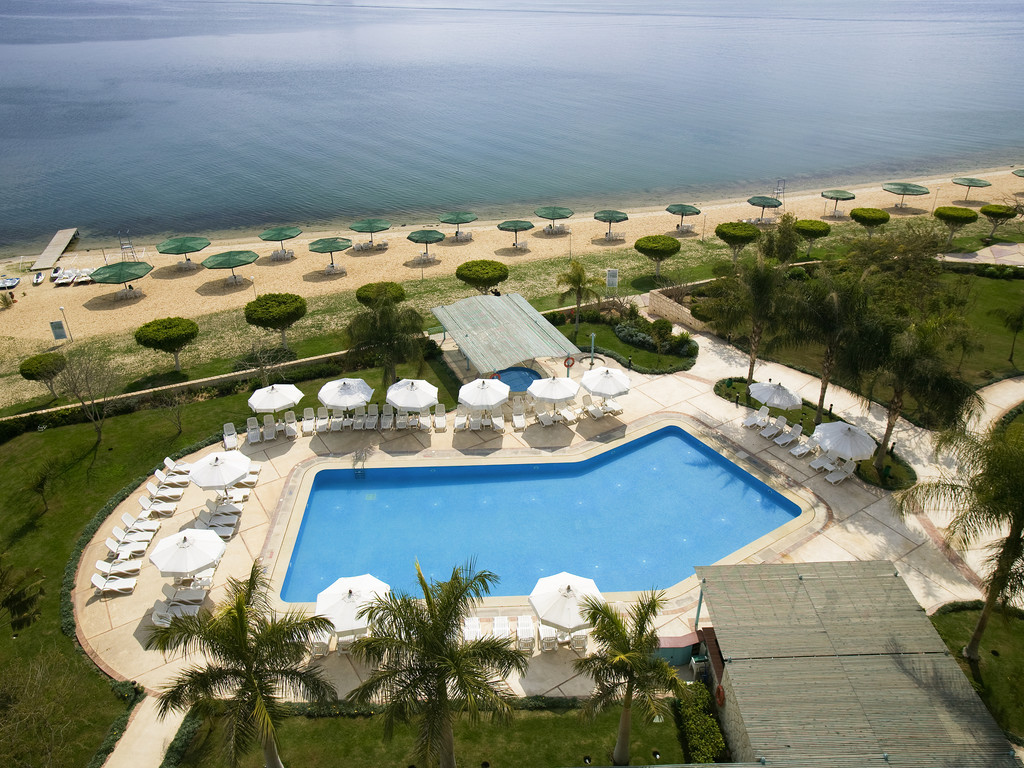
Mercure Ismailia Forsan Island Hotel
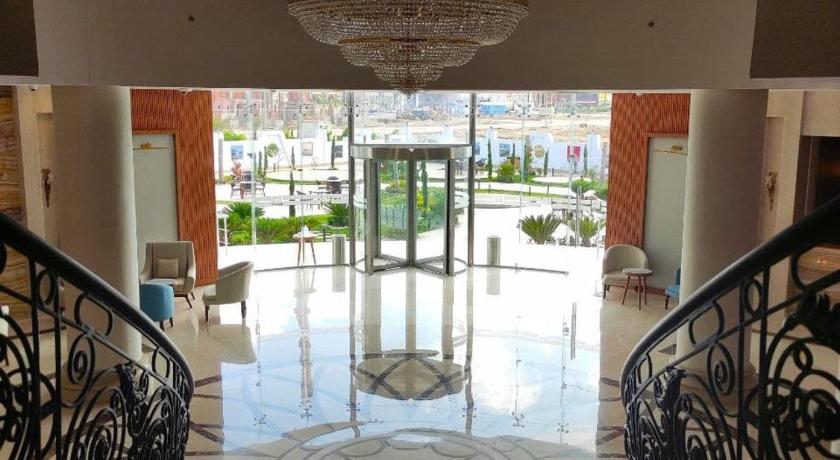
Damietta Nile Hotel
RESTAURANTS
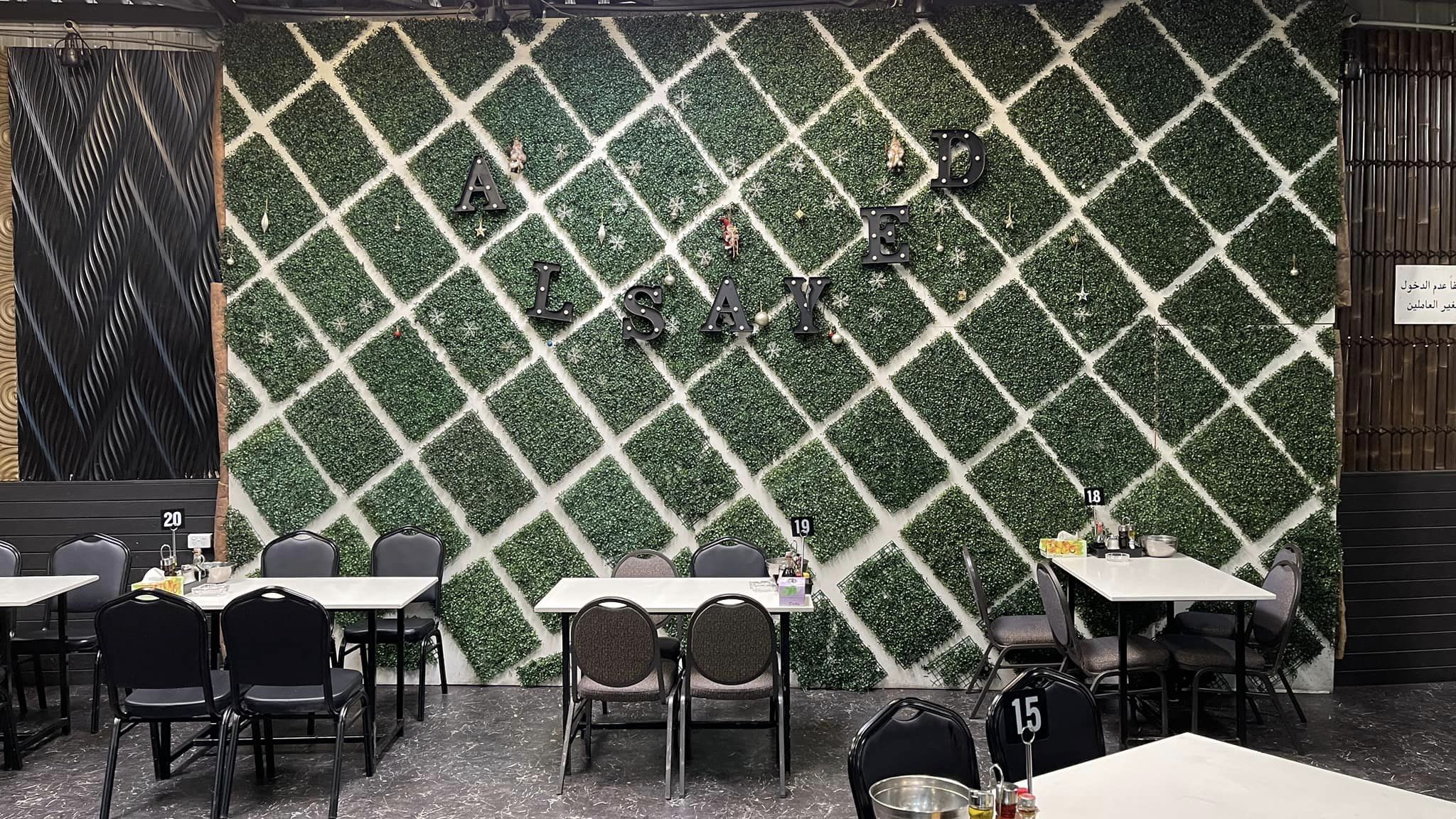
El Sayed Restaurant

El Fereik Cafe & Restaurant
